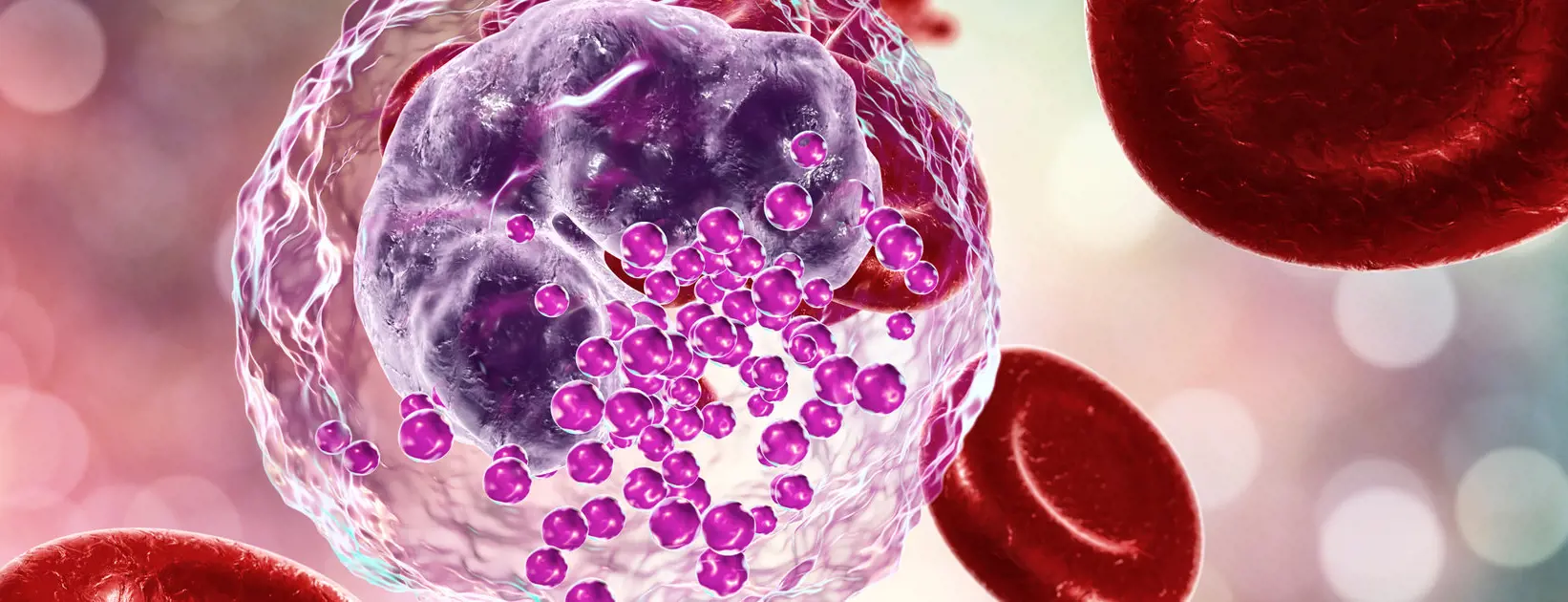Our Vision
Our current research deals with the regulation and kinetics of inflammation at different post-transcriptional levels of gene expression, in multiple clinical models such as stroke, myocardial infarction, metabolic disorders, anesthesia and dementia. of stress and inflammation Imbalanced autonomic nervous system (ANS) activity is associated with poor cardiovascular outcome. However, clinically validated biomarkers to assess parasympathetic function are not yet available. We sought to evaluate parasympathetic dysfunction by measuring serum cholinesterase activity and to determine its relationship to stress and inflammation Our study focus on using the dynamics of a biomarker, rather than single value, in order to evaluate patient’s risk. We study longitudinal data to correlate with disease prognosis. We have recently published that the kinetics of C-reactive protein response can improve the differential diagnosis between acute bacterial and viral infections. of Mega-inflammation We study the use of urinary biomarkers for early and non-invasive determination of the intensity of inflammation, and for evaluation of risks associated therewith as an early marker for kidney injury Measuring Exercise induced albuminuria is a potential new sensitive and early biomarker for the kidney’s “reservoir capacities”, endothelial dysfunction and other metabolic related end organ damage. We use the exercise stress test to challenge not only the heart but also the kidney functions From The Press
Highlight Publications
Main research topics:
Research methods include basic molecular biology as well as sophisticated statistical models Our Team
Research




